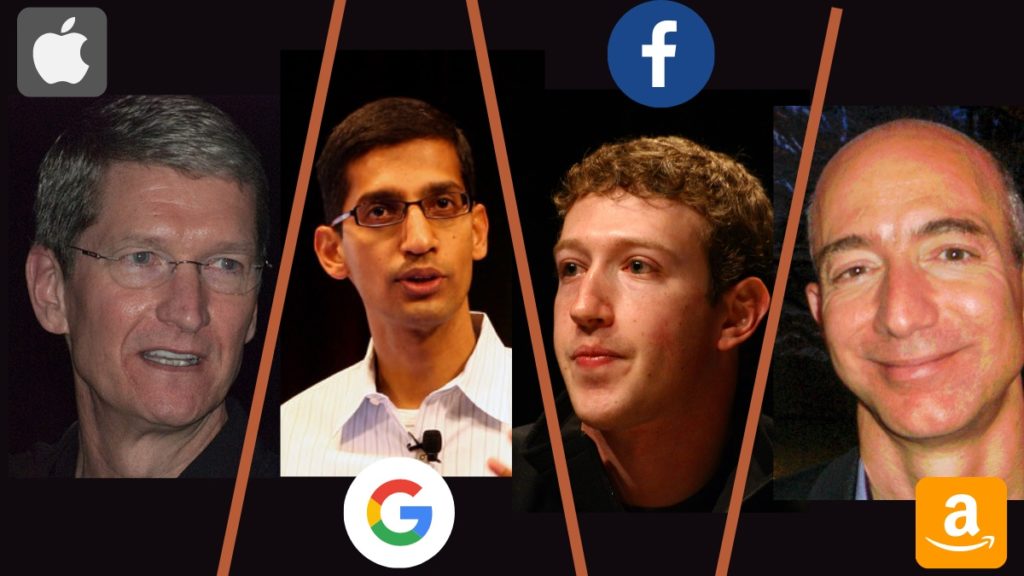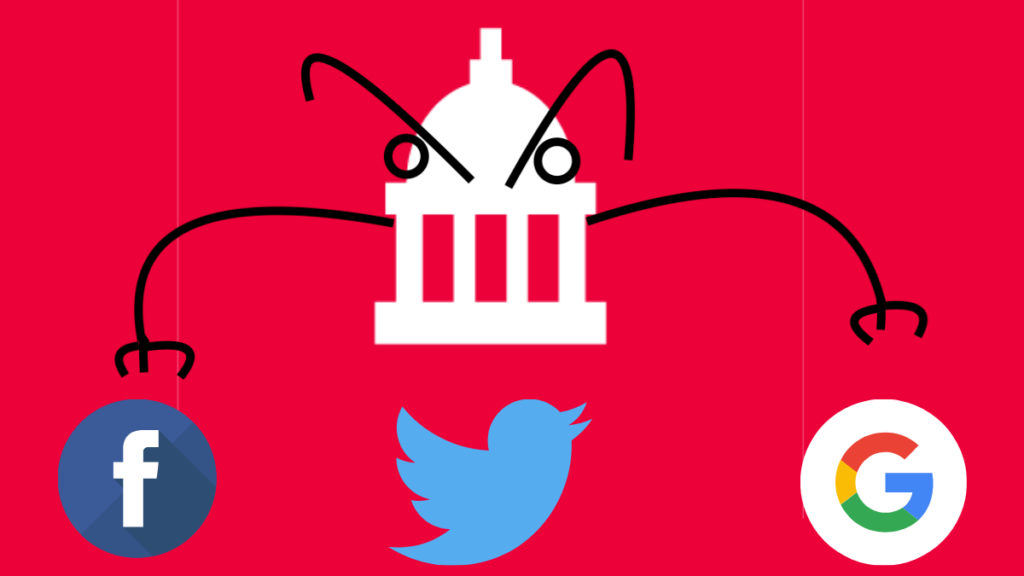Antitrust cases are so common now that we’re hearing about one or the other almost every day. While it started with the U.S. Congress’ antitrust report on the big tech, it has now gone international. The latest antitrust case is coming in from China. The Chinese authorities have started an antitrust probe against the Alibaba group.
The Alibaba group is one of China’s major e-commerce payers. According to a statement from the State Administration of Market Supervision, Alibaba group is being looked into “for suspected monopoly behaviors such as “two choices and one”.”
Antitrust Definition
Antitrust or competition laws are a set of laws that are there to ensure fair competition in the markets. If a company creates a monopoly by unfairly taking out the competition, it can be tried under antitrust laws. In theory, the scope of antitrust varies from country to country, but certain things remain the same in almost all regions.
If a company prices its products to just take over the competitor’s customers, buys off and dismantles competing companies, or uses its resources to kill the other options, it is theoretically in violation of antitrust laws.
Big Tech, E-Commerce, And Antitrust

The latest on the list is the Alibaba antitrust case. In its case, Chinese regulators have accused Alibaba of monopolizing the market by making sellers sign a contract to sell exclusively on Alibaba. Now if you look back at the year, the antitrust hearings started way before the Congress report on big tech. However, back in 2019, the U.S. DoJ was in the final stages of suing Google.
The Google antitrust case was there because the DoJ gathered evidence showing Google’s monopoly in the Android market. Right after this, Apple came on the DoJ scanner, facing an antitrust case for monopolizing the App Store and the iOS ecosystem. Senator Elizabeth Warren played a key role in the Apple and Google antitrust cases.
Also Read: U.S. Vs. Big Tech: Senate Subpoenas Twitter, Facebook On NY Post Article
The latest ones to hop aboard the antitrust train were Facebook and Amazon, now joined by Alibaba group. Charges against Facebook accuse it of killing competition in a bid to maintain a monopoly. Facebook’s WhatsApp & Instagram acquisitions are in question now. Amazon faces the accusation of selling goods at a loss to break and later acquire a competing website.
Scope Of Antitrust Cases

While the wave started from the U.S. and the European Union, it is now taking a global shape. Right after Google saw backlash in the U.S., it felt the heat of the Indian authorities as the CCI opened a case against Google Pay for abuse of dominant position. Now, Alibaba group has been sued by the Chinese authorities for anti-competitive behavior. However, the scope of these cases is as strong as the sincerity of the authorities towards them.
Also Read: Big Tech CEOs And Section 230 Hearing: 5 Biggest Takeaways
If you watch the big tech antitrust hearings from the U.S., you’ll surely have a few good laughs. On the other hand, the European Union has established improved laws for big tech to function there. The problem with antitrust lawsuits in the U.S. is that the country wants to impose punishment, not reforms.
While litigators like the DoJ did their job fairly well, matters took a different shape at Senate hearings. Congress was following a vendetta and badgering the big tech CEOs. The Alibaba antitrust case stands in stark contrast to the U.S. Congress’s grand parade of cases. Chinese authorities issued a statement with less than one paragraph, now trying the e-commerce giant for antitrust practices.
What Needs To Change

All things considered, if the governments of different countries want to take these cases seriously, they’ll have to upgrade first. They need to understand that location and other data is important to use some basic functions on your phone. The problem starts when companies use this data to target ads and creepily ask you “how was your experience?” at XYZ place right after you walk out of there.
One example is the 2018 U.S. Senate hearings of Facebook and Google. The senators had no idea about how Google search operates, or how Facebook recommends content. Both CEOs were left answering bizarre questions during the hearing. Pichai was asked if Google is a person sitting behind a computer, ranking search results. A Republican senator asked Zuckerberg to disclose the hotel where he was staying, in the name of privacy.
Global antitrust cases, especially the U.S. ones need to see beyond vendetta and witchhunts if they wish to achieve something. It’s true that monopolies exist and it is also right to question them. However, it needs to be done in a better and more future-forward manner.
The post Antitrust Defined: Why Is Big Tech Facing Lawsuits Now? appeared first on Fossbytes.
from Fossbytes https://ift.tt/37In28F
via IFTTT

No comments:
Post a Comment